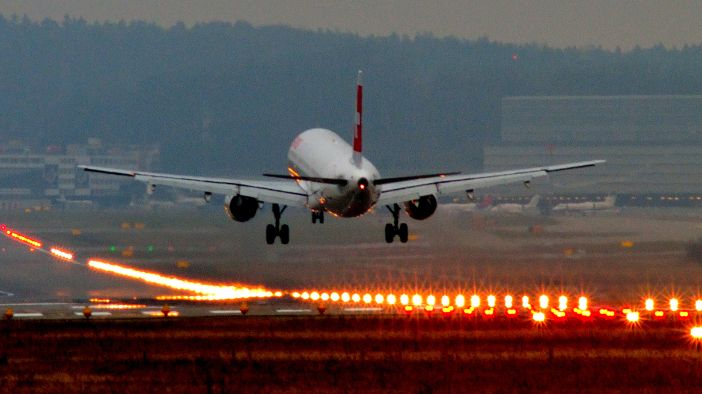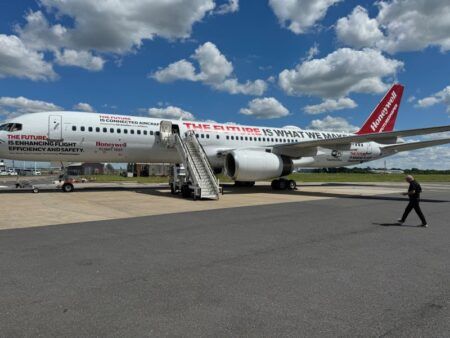The UK’s national aviation safety regulator has said it is ready and able to take over all of EASA’s regulatory responsibilities after it was confirmed by the UK Government that it will leave the EU agency as part of the Brexit process at the end of this year.
UK Transport Secretary Grant Shapps confirmed last week that the UK would leave the European Union Aviation Safety Agency (EASA) on December 31, 2020, during a trip to Washington to meet with U.S. officials.
The announcement was heavily criticised by the UK aerospace sector, with doubt cast on the UK Civil Aviation Authority’s (CAA) capability to assume all of EASA’s regulatory responsibilities.
Airline group IAG, the owner of British Airways said in a statement: “In our opinion the CAA does not have the expertise required to operate as a world-class safety and technical regulator.
“The CAA will require fundamental restructuring from top to bottom which will take time. There is no way that it can be done by 31 December.”
However, Tim Johnson, director of the UK Civil Aviation Authority, said, “The UK Government and the European Union have both said they intend to agree a bilateral aviation safety agreement, as the UK will no longer participate in the EASA system after the transition period ends.
“The UK Civil Aviation Authority has been planning for this outcome since the 2016 referendum, and we are prepared to take over regulatory responsibilities from EASA. There will be no immediate changes to aviation regulations at the end of this year, because of these preparations.
“Our plans have been shared widely with the aviation and aerospace industries, the International Civil Aviation Organisation and other national aviation authorities around the world. As a national safety regulator, we will continue to work closely with these agencies, maintaining open dialogue and sharing best practice.”
According to the CAA, the UK and EU have agreed to mutually recognize regulatory instruments such as licenses and certificates until a full bilateral agreement is reached. The CAA is sharing measures and advice with aerospace companies affected by withdrawal from EASA here.
EASA’s legislation is enforced by the European Court of Justice, an international entity that the UK Government has said will no longer have jurisdiction in the UK after December 31, 2020. This political position makes continued-EASA membership in any lesser form, a situation many in the UK aerospace sector had called for, unviable.
A Department for Transport spokesperson said: “Being a member of EASA is not compatible with the UK having genuine economic and political independence.
“We will maintain world-leading safety standards for industry, with the CAA taking over these responsibilities, and will continue to work with colleagues in the EU to establish a new regulatory relationship.”
Paul Everitt, CEO of UK aerospace and UK defense trade association ADS said: “We have been clear that continued participation in EASA is the best option to maintain the competitiveness of our aerospace industry and our access to global export markets.
“UK influence in EASA contributes to raising standards in global aviation, supports collaboration with our international partners, and helps make our industry attractive to the investment it needs to be home to the development of a new generation of advanced aircraft technology.
“Government had promised it would consider harmonisation where it is in the UK interest and will be led by the evidence on the future of aviation safety regulation.
“We are disappointed that it has not taken a more ambitious approach. It is essential that it works with us to deliver a regime that does not put jobs at risk in an industry that employs 111,000 people in highly skilled roles across the UK.”





